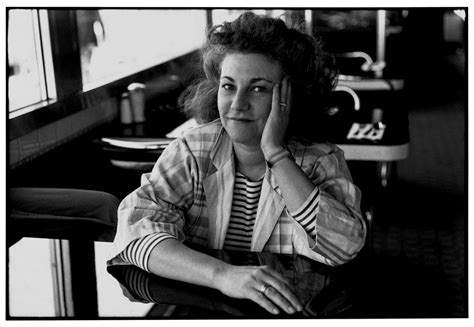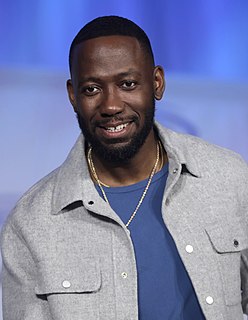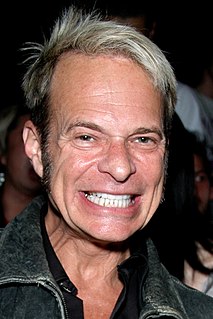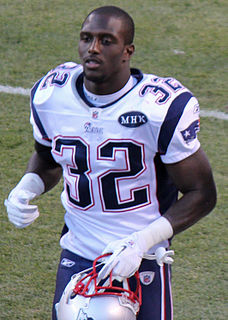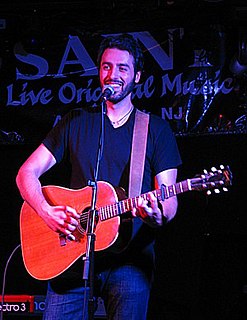A Quote by Nicholas Sparks
Working on a novel is very solitary and I get to be the boss. I'm the dictator, so I win every battle. So, in that sense, novels are easier because you don't have to answer to anyone. And then, you go into something like film and there are more cooks in the kitchen, so to speak.
Related Quotes
TV becomes easier because you get to spend time with that character. It's going to go on for a while, and the more you know something, the easier it becomes, the less nerves you have about it, and the better it is for improv because you have that camaraderie between cast regulars. In film, it's harder because you got to get in and get out.
If I can give a young author any advice, whatsoever, never let anyone announce the film sale of your first novel. Film rights are sold to almost every novel, but it shouldn't be the lead story in your first engagement with the press. Then you end up getting reviews like "a novel made for the screen" and things like that.
I'm grateful that I had that uphill battle for 10 years of going onstage and having nobody know who I was, because you have to win them over. I have a lot of friends who were stand-ups, and they just stopped after a while, because they didn't like that battle. And then they would get on a sitcom and get visible and get back into it, because the audience was just way easier on them. That's why they're okay stand-ups, but they're never going to be great, because they don't have that presence. They never built those muscles up.
It's far easier to write why something is terrible than why it's good. If you're reviewing a film and you decide "This is a movie I don't like," basically you can take every element of the film and find the obvious flaw, or argue that it seems ridiculous, or like a parody of itself, or that it's not as good as something similar that was done in a previous film. What's hard to do is describe why you like something. Because ultimately, the reason things move people is very amorphous. You can be cerebral about things you hate, but most of the things you like tend to be very emotive.
Solitary. But not in the sense of being alone. Not solitary in the way Thoreau was, for example, exiling himself in order to find out where he was; not solitary in the way Jonah was, praying for deliverance in the belly of the whale. Solitary in the sense of retreat. In the sense of not having to see himself, of not having to see himself being seen by anyone else.
Up until then, whenever anyone had mentioned the possibility of making a film adaptation, my answer had always been, ‘No, I’m not interested.’ I believe that each reader creates his own film inside his head, gives faces to the characters, constructs every scene, hears the voices, smells the smells. And that is why, whenever a reader goes to see a film based on a novel that he likes, he leaves feeling disappointed, saying: ‘the book is so much better than the film.
With a novel, you have to have a story. It's much more important to have it matter to the reader what happens to people, and it has to make sense and end in a way that is satisfying. So I spend a lot more time thinking about that. Then the writing itself usually is easier for me, because I know where it's going.
I released that I could crank out a song if I practiced it a lot. If I am in the practice of writing songs everyday or every other day, getting ideas and following through with them, and not just saying "I've got this idea, but I will get to it at some point." If I actually sit down and not be lazy, and follow through with it then you just get in the practice of doing things. It feels very productive, and then it gets a lot easier, because you are working the muscle in your brain. The "song-writing muscle" so to speak.

